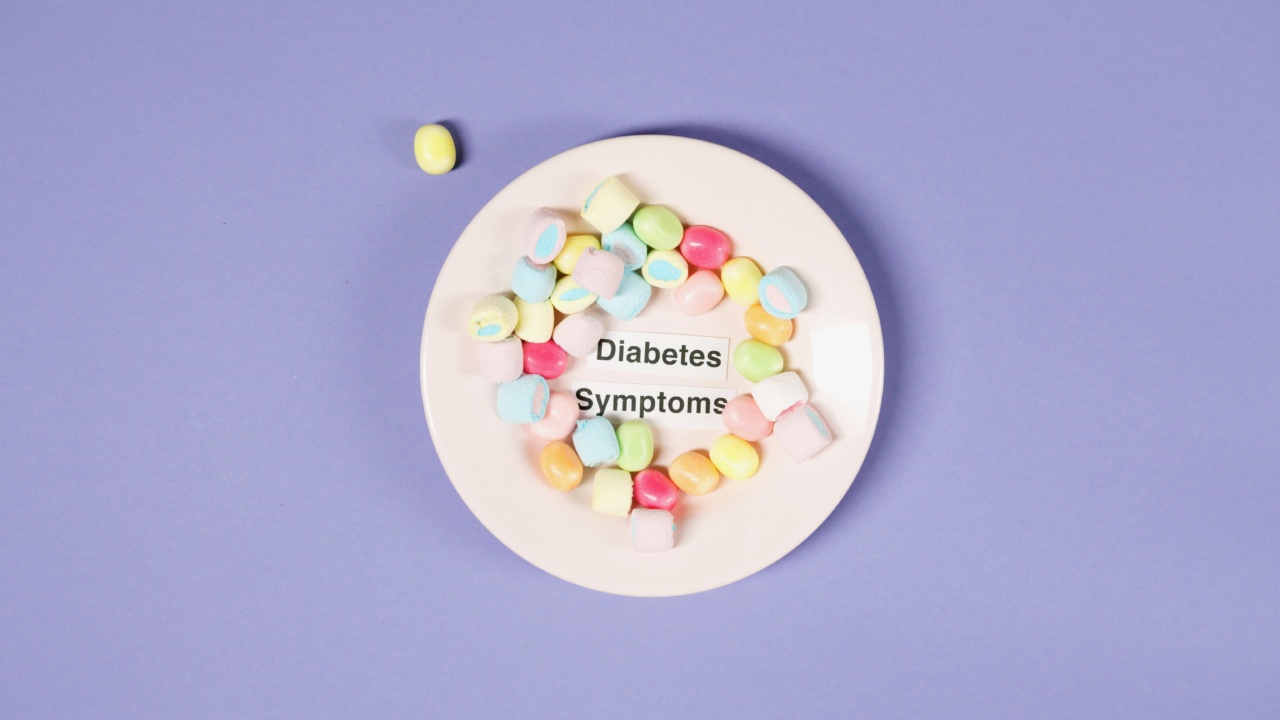Menopause is a natural phase of a woman’s life that typically occurs in her late 40s or early 50s. It is characterized by a decrease in the production of reproductive hormones, especially estrogen.
This hormonal shift can lead to a variety of symptoms, including hot flashes, night sweats, mood swings, weight gain, and sleep disturbances. While these symptoms are often manageable, they can still be uncomfortable and disruptive to daily life. Fortunately, making changes to your diet can help alleviate some of these symptoms and improve overall well-being during menopause.
The Role of Nutrition in Menopause
Proper nutrition plays a crucial role in maintaining overall health and well-being, especially during menopause.
Foods that are rich in essential nutrients can support hormonal balance, reduce inflammation, boost energy levels, improve mood, and promote weight management. Conversely, a diet high in processed foods, unhealthy fats, and refined sugars can exacerbate menopause symptoms and increase the risk of other health issues, such as cardiovascular disease and osteoporosis.
Key Nutrients for Menopause Relief
Several nutrients have been shown to help ease menopause symptoms. Including these nutrients in your daily diet can have a positive impact on your overall well-being during this transitional phase:.
1. Phytoestrogens
Phytoestrogens are plant compounds that have estrogen-like effects in the body. They can help alleviate hot flashes, night sweats, and other symptoms of hormonal imbalance.
Good sources of phytoestrogens include soy products, flaxseeds, sesame seeds, and whole grains.
2. Calcium and Vitamin D
Calcium and vitamin D are essential for maintaining strong bones and preventing osteoporosis, which becomes a higher risk during menopause.
Dairy products, leafy greens, fortified plant-based milk, and sunlight exposure are excellent sources of these nutrients.
3. Omega-3 Fatty Acids
Omega-3 fatty acids have anti-inflammatory properties and can help reduce mood swings and joint pain. Incorporate fatty fish (such as salmon and sardines), walnuts, chia seeds, and flaxseeds into your diet to boost your omega-3 intake.
4. B Vitamins
Vitamins from the B family, particularly vitamin B6 and B12, are vital for balancing mood, reducing fatigue, and supporting brain health.
Lean meats, fish, eggs, legumes, leafy green vegetables, and fortified cereals are excellent sources of B vitamins.
5. Magnesium
Magnesium is a mineral that plays a crucial role in muscle and nerve function, as well as mood regulation.
Menopausal women often experience sleep disturbances and mood swings, and magnesium can help relax muscles, promote better sleep, and improve mood. Magnesium-rich foods include leafy greens, nuts, seeds, and whole grains.
The Mediterranean Diet and Menopause
The Mediterranean diet is often recommended as a heart-healthy eating plan and also offers various benefits during menopause. This diet is rich in fruits, vegetables, whole grains, legumes, and healthy fats, such as olive oil and nuts.
It also includes moderate amounts of fish, poultry, and dairy products while limiting red meat and processed foods.
Research has shown that the Mediterranean diet can help reduce menopause symptoms, including hot flashes, depression, and weight gain. It provides a wide range of nutrients and antioxidants that support overall health and hormonal balance.
Additional Dietary Considerations
While focusing on specific nutrients and following the Mediterranean diet can be beneficial, there are additional dietary considerations that can further ease menopause symptoms:.
1. Stay Hydrated
Drinking enough water is essential for overall health and can help alleviate menopause symptoms like hot flashes and dry skin. Aim for at least eight glasses of water per day and limit the consumption of sugary beverages and alcohol.
2. Limit Caffeine and Spicy Foods
Caffeine and spicy foods can trigger hot flashes and exacerbate sleep disturbances. Consider minimizing your intake of caffeine and spicy foods to manage these symptoms effectively.
3. Eat Smaller, Frequent Meals
Instead of consuming three large meals, opt for smaller, more frequent meals throughout the day. This approach can help stabilize your blood sugar levels, maintain energy, and prevent mood swings.
4. Fiber-Rich Foods
Incorporating fiber-rich foods, such as whole grains, fruits, vegetables, and legumes, into your diet can support digestive health, prevent weight gain, and manage cholesterol levels.
These foods also contribute to a feeling of fullness and can help control overeating and food cravings.
5. Limit Added Sugars and Refined Carbohydrates
Foods high in added sugars and refined carbohydrates can lead to weight gain, mood swings, and energy crashes. Opt for whole foods instead of processed snacks, candies, sugary desserts, and sugary beverages.
Conclusion
Easing menopause symptoms through dietary changes is a practical and effective approach.
By incorporating key nutrients, following a Mediterranean-style eating plan, and adopting additional dietary considerations, women can alleviate menopause symptoms, support overall health, and improve their well-being during this transitional phase.
Each person’s experience with menopause is unique, so it’s important to listen to your body, experiment with different dietary adjustments, and consult with a healthcare professional to create a personalized nutrition plan that suits your specific needs.




























